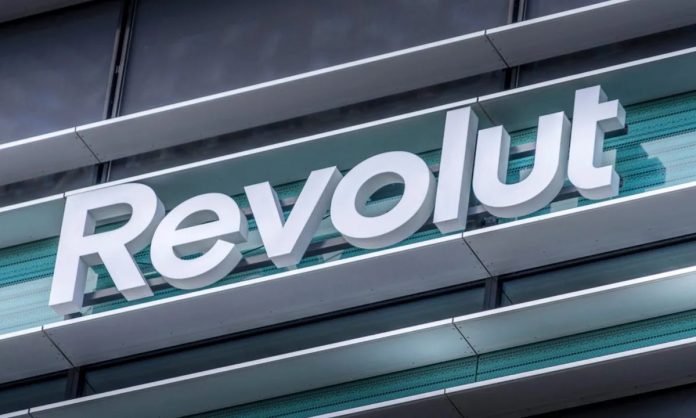Some traders wake up to sudden price drops and start asking why is crypto down today, but the real story often lies in how buyers react when the red candles hit.
Sharp pullbacks reveal patterns that do not appear on quiet days, and one of the most common moves is the shift toward projects that do not change price every minute.
That shift has grown stronger recently in the crypto market today as more traders look for entries where the rules stay fixed even when the market turns, such as Noomez ($NNZ).
What Happens When the Market Pulls Back and Liquidity Thins Out
A market pullback usually starts when large holders reduce risk and smaller traders follow. Selling pressure stacks up across major pairs, and order books thin out because fewer buyers are willing to take the opposite side.
When liquidity drops, price swings become sharper, and even small sell orders can move a chart more than usual. Exchanges often show wider gaps between bids and asks during these periods, which makes entries and exits harder for short-term traders.
Funding rates can flip quickly, open interest can fall within minutes, and many altcoins drop faster than Bitcoin or Ethereum because they rely on tighter liquidity. These conditions create a cycle where prices fall, confidence weakens, and buyers step back even more.
Pullbacks like this are why many traders look for places where the price cannot shift with every red candle and where rules stay the same, no matter how deep the market correction goes.
Why Many Traders Ask “Why Is Crypto Down Today?” During Sharp Moves
Sharp market drops often trigger the same questions, especially when traders see crypto dropping across several charts at once. Many look for a single cause, but fast moves usually come from a mix of pressure points hitting together.
Sudden changes in funding rates can push leveraged traders to unwind positions. Large wallets taking profits can trigger a chain reaction across altcoins.
Even small updates in macro news can slow down buyer confidence, which is enough to create sharper swings when liquidity is light. These moments lead people to ask why the crypto market is down, because the speed of the move often looks bigger than the reason behind it.
- Fast unwinds
- Profit taking
- Hesitation from buyers
Automated trading systems add even more pressure, since algorithms react instantly when key levels break.
When these signals line up, traders start searching for places where price changes are tied to fixed rules instead of sudden headlines.
Why Noomez Coin’s Fixed Presale Structure Holds Up When the Market Drops
Noomez enters this phase of the market with a clear 28-stage structure and pricing that does not change with every red candle. The total supply is set at 280 billion tokens, and 140 billion are assigned to the presale.
Each stage has a fixed allocation, with the early stages carrying the largest batches. Stages 1-7 each hold 12.7 billion tokens, while the later stages drop as low as 300 million, which creates natural scarcity as the Gauge moves forward.

The presale is already in Stage 5, priced at $0.0000230, and the stage closes once the allocation sells out or the seven-day limit hits. Buyers using the BONUS250 code receive a 250% bonus on their purchase, which has pushed more interest into the current stage.
These rules do not change even when the wider market pulls back. Anyone waiting risks paying more in Stage 6, since each completed stage raises the price.
Why More Traders Move Toward Noomez Coin When Conditions Turn Bearish
Noomez gives traders a level of certainty they cannot get from daily charts, which becomes more important when the wider market turns red. The token’s reward events add extra pressure to enter before the later stages shrink.
Every finished stage includes the Stage X Million Airdrop, where one buyer wins an amount equal to the stage number. Stage 5 pays out five million tokens, and the prize rises all the way to 28 million by the final stage.
The two Vault events increase the appeal even further. At Stage 14, one wallet receives 14 million tokens, and the final Vault at Stage 28 includes 28 million tokens plus NFTs and extra bonuses.
Additionally, presale participants can earn up to 66% APY through staking, with rewards accruing immediately and unlocking 30 days after launch. Plus, the referral system gives buyers a 10% bonus for sharing the presale.
The combination of fixed pricing, increasing rewards, and limited supply makes Noomez one of the few early projects that gains strength even when the rest of the market slows. Stage 5 is seen as a critical moment to enter before the curve moves higher.
For More Information:
Website: Visit the Official Noomez Website
Telegram: Join the Noomez Telegram Channel






